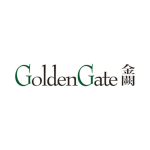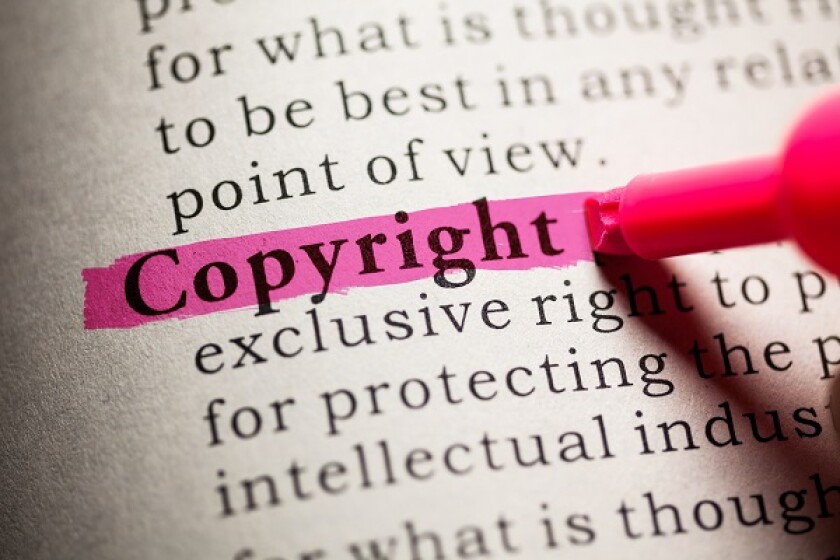To strengthen copyright protection, and to implement relevant provisions of the Economic and Trade Agreement between the US and China, on August 5 2020, the Supreme People's Court of the People's Republic of China (the SPC) issued a draft Opinions on Strengthening the Protection of Copyright and Copyright related Rights (关于加强著作权和与著作权有关的权利保护的意见) for public consultation.
In principle, the opinions encourage courts to greatly shorten the trial period of cases involving copyright and copyright related rights by exploring the division of complicated cases from simple cases so as to improve litigation efficiency.
With the highest number of internet users globally, China has a great number of individuals and entities accessing the internet for different types of internet services. As a result, any dispute arising from the digital economy will inevitably produce digital evidence. To reflect this, the opinions explicitly recognise blockchain evidence as one form of admissible evidence. Specifically, in accordance with the opinions, the courts are required to support the parties to store, fix and submit evidence through blockchain and digital timestamp.
Notably, one of the key goals of the opinions is to alleviate the right holder's burden of proof. Unlike trademarks and patents, which are granted by the relevant administrative authorities, the copyright of works is obtained automatically and a registration is not a requirement for copyright protection. If the requirement of evidence is too strict, it will not be conducive to copyright protection. Therefore, complying with Article 1.29 of the Economic and Trade Agreement between China and the US, the opinions require the courts to presume that the copyright or copyright related rights claimed by right holders subsist in the relevant works, performances and sound recordings.
The opinions further stipulate that the ownership of relevant rights should be presumed according to the name indicated as the author, producer, performer, or publisher of the works and performance. An individual or an entity whose name is indicated as the author, producer, performer, or publisher shall be presumed to be the copyright holder, unless there is evidence to the contrary. The exercise of copyright and copyright related rights shall not be subject to the prior registration of rights. By applying this rule of presumption, the right holder shall be exempted from producing any other written evidence related to copyright, unless the accused infringer provides evidence to the contrary. If the accused infringer claims that its use is lawful, it shall provide evidence to demonstrate that its use has been authorised by the owner of the copyright, or is allowed to be used without the permission of the right holder as stipulated in copyright law and relevant laws, regulations and judicial interpretation.
Interestingly, the opinions impose liability on the operators of cyberspace platforms and physical marketplaces. If a right holder applies to a court for preservation measures, and requests the network service provider to take measures such as deleting, blocking and disconnecting links, the court shall review and make a ruling according to the law. If the network service provider fails to take necessary measures in time after receiving the proper notice from the right holder, it shall bear joint and several liability for an enlarge part of the damage. Likewise, if a business operator in a physical marketplace infringes copyright, and the right holder has evidence to prove that the operator of the physical marketplace has failed to perform its duties of routine inspection and management effectively, the court may determine the liability of the market operator according to the degree of its fault and specific circumstances.
To intensify the crackdown, under the opinions, the court is required to satisfy the right holder's request that the counterfeit together with any materials and tools used for the manufacture of the counterfeit should be entirely destroyed if the right holder can prove the existence of the above-mentioned articles. Furthermore, if the infringer intentionally commits infringement and the circumstances are serious, the court may order the infringer to pay punitive damages to the right holder upon the request of the right holder. In addition, the court may support the right holder's claim for reasonable expenses and costs in connection with protecting the right holder's copyright.
Finally, the opinions address the emerging problem of false litigation. Under the opinions, the mechanism of punishment and accountability should be improved. The court can take measures such as admonition, fines and detention for false litigation behaviour such as submitting forged or altered evidence, concealing and destroying evidence, false statements, false testimony and false appraisal. If the behaviour constitutes a crime, the party concerned shall be subject to criminal sanctions.












